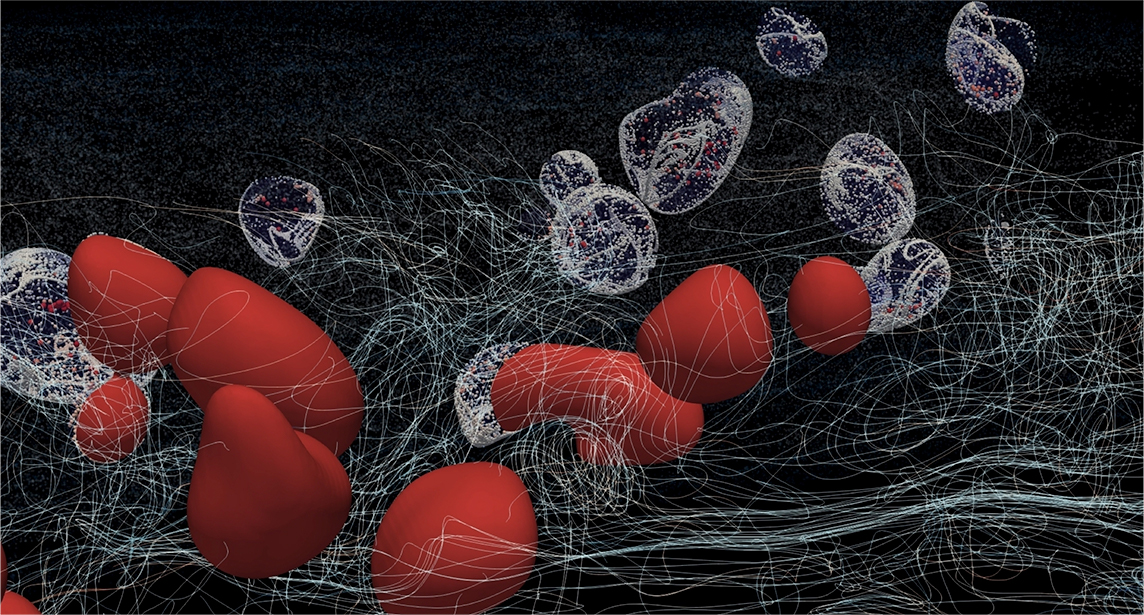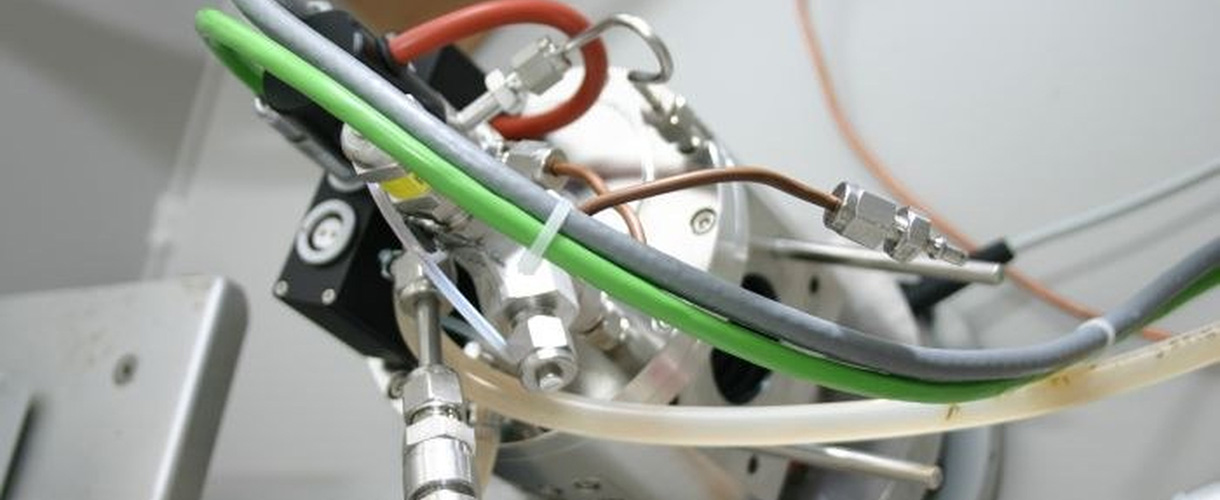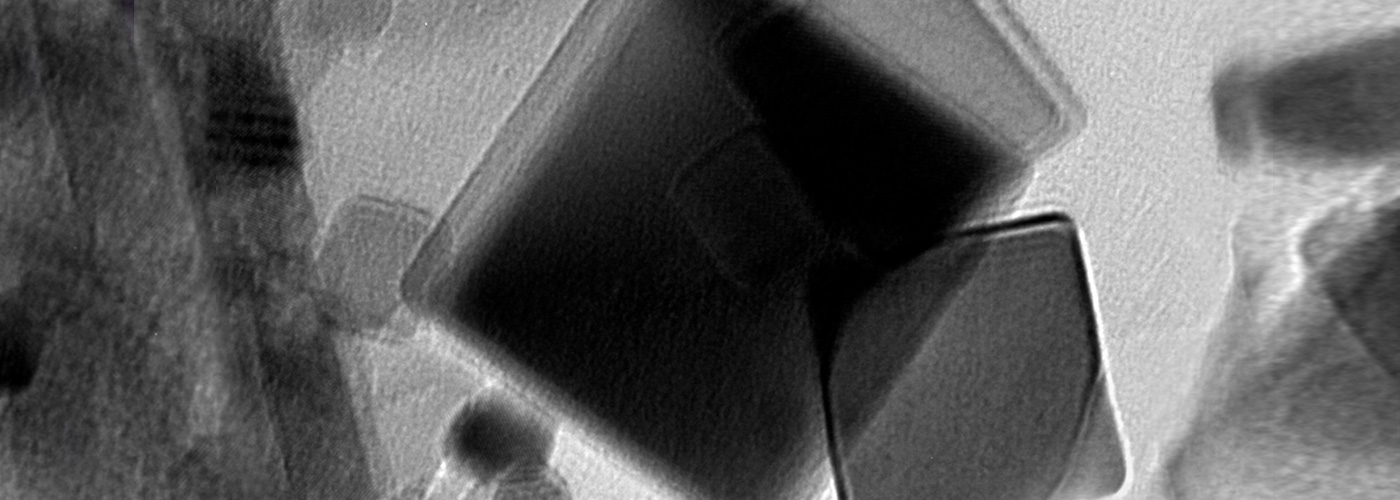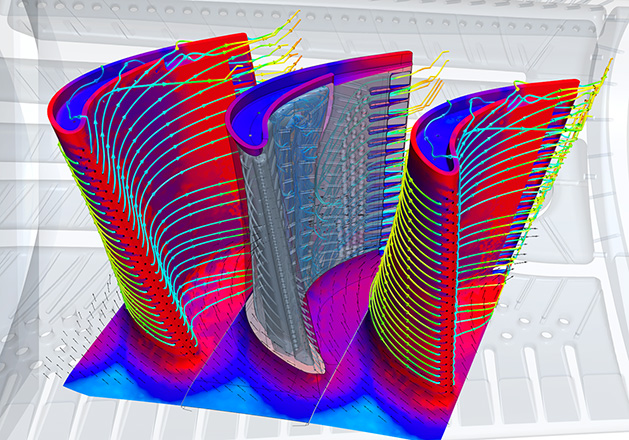Elements of hydrogen technology: Materials and applications
Docente: Giovanni Capurso
Numero ore: 8
SSD: ING-IND/22
This short course aims to introduce the state of the art of technologies useful for promoting the development of the hydrogen economy. The knowledge and understanding of the basic principles of electrolysers and fuel cells will be presented; the topic of hydrogen storage, in its various forms, will be addressed with a focus on materials perspective, and some notes on infrastructure and safety will be provided. It is expected that at the end of the course, thanks to the knowledge and applied understanding skills obtained, students will be able to assess the optimal conditions to use H2 as energy carrier (as an alternative to other technologies), the present challenges in the development of the materials used, and in which renewable energy scenario the different solutions presented are preferred. The student will acquire the ability to infer the advantages and disadvantages of applying the analyzed materials and technologies, to analyze case studies of realistic situations, critically making judgment, and will develop the communication skills to present and express problems regarding the materials for the storage and transformation of green energy, with H2 as energy carrier. The appropriate technical terminology will be acquired, together with basic information and tools to deal with the study of scientific literature, allowing the participants to develop specific learning skills for the field.
Metodi didattici: lezioni frontali
Modalità di verifica dell’apprendimento: relazione finale scritta
Altre informazioni: corso erogabile in lingua inglese se necessario







